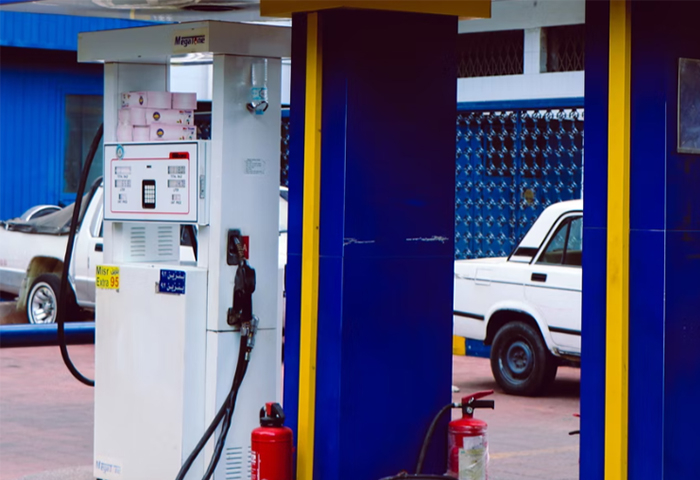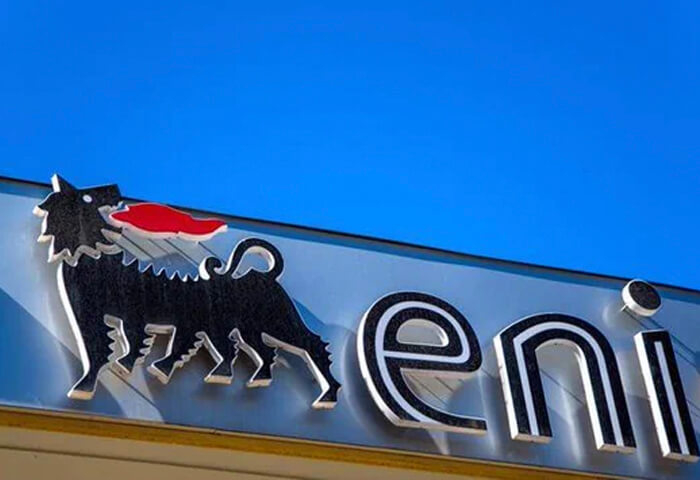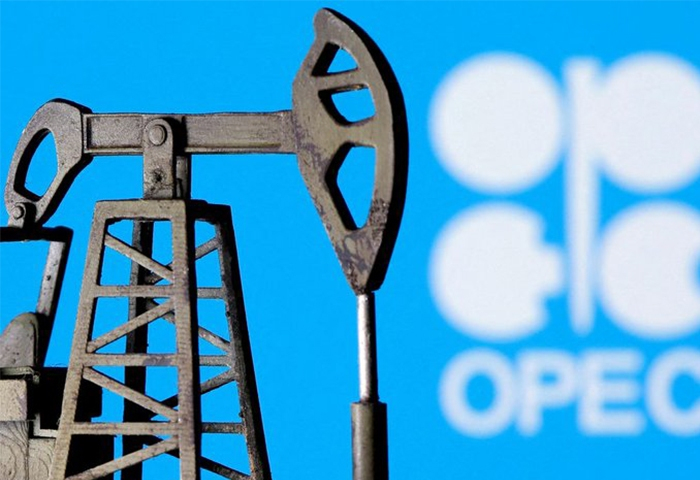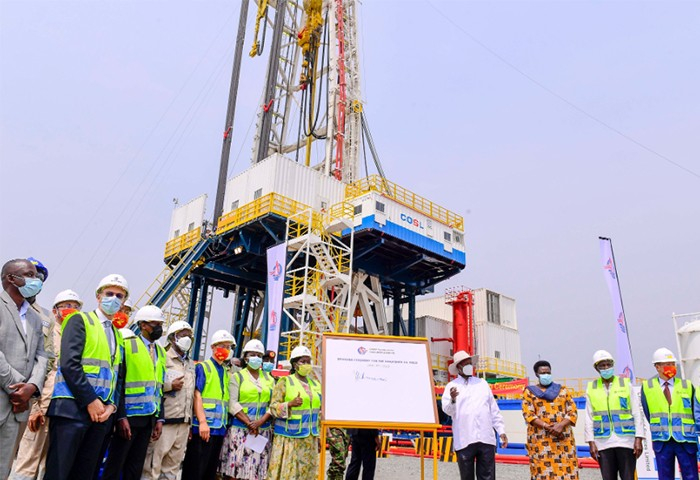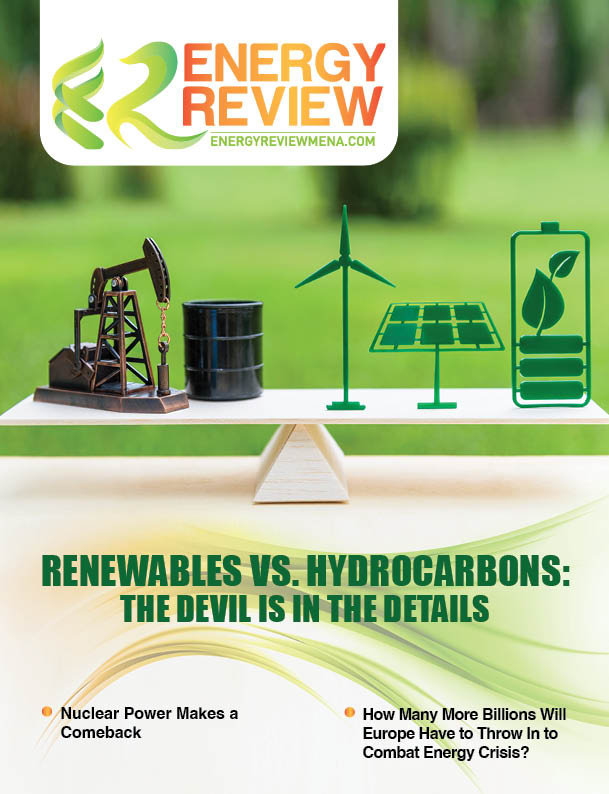Egypt’s Fuel Automatic Pricing Committee (FAPC) has raised fuel prices for various octanes by EGP 0.5 to EGP 1 per liter, due to the global rise in oil prices. However, they kept the price of diesel for electricity and food industries fixed for the third quarter of the year. As of this writing, Brent Crude stood at $99.61 and West Intermediate Texas (WTI) was at $96.10 per barrel.
The FAPC raised the price of a liter of 80-octane gasoline from EGP 7.5 to EGP 8 ($0.424), a liter of 92-octane from EGP 8.75 to EGP 9.25 ($0.49), and a liter of 95-octane from EGP9.75 to EGP10.75 (US$0.57), according to a statement by the Ministry of Petroleum and Mineral Resources. "The Petroleum Products Automatic Pricing Committee, which is concerned with the follow-up and implementation of the mechanisms for applying automatic pricing for petroleum products on a quarterly basis, decided in its meeting held after the end of last June to recommend amending the current prices prevailing in the local market for the quarter of July/September 2022," the statement notes. The price of diesel and kerosene also rose from EGP 6.75 to EGP 7.25 per liter, respectively
Experts fear that the prices of services and goods will increase during the next few days as a result, especially since the cost of transportation is one of the main factors that determine the costs of goods.
Public transportation plays an important part in the Egyptian residents day-to-day spending and takes up a big chunk of the total spending after the successive recent increases in the prices of public transportation.
Many developing and emerging countries do not fully pass-through increases in international fuel prices to domestic retail prices, with adverse consequences for fuel tax revenues and tax volatility. The adoption of an automatic fuel pricing mechanism can help to address this problem, and the incorporation of a price smoothing mechanism can ensure pass-through over the medium term but also avoid sharp increases (and decreases) in domestic prices.

